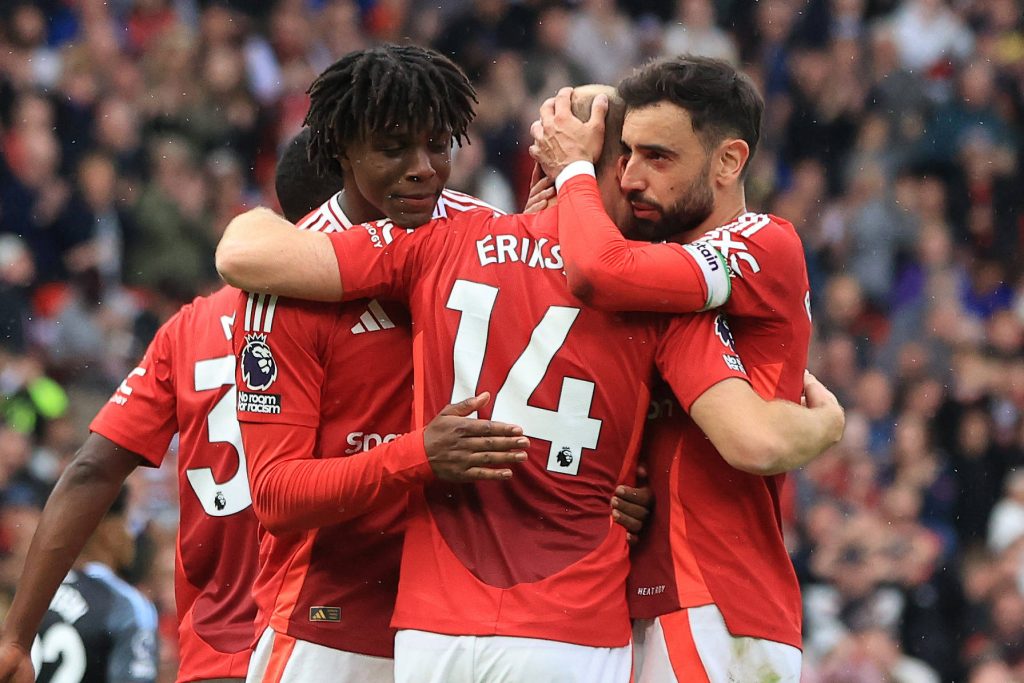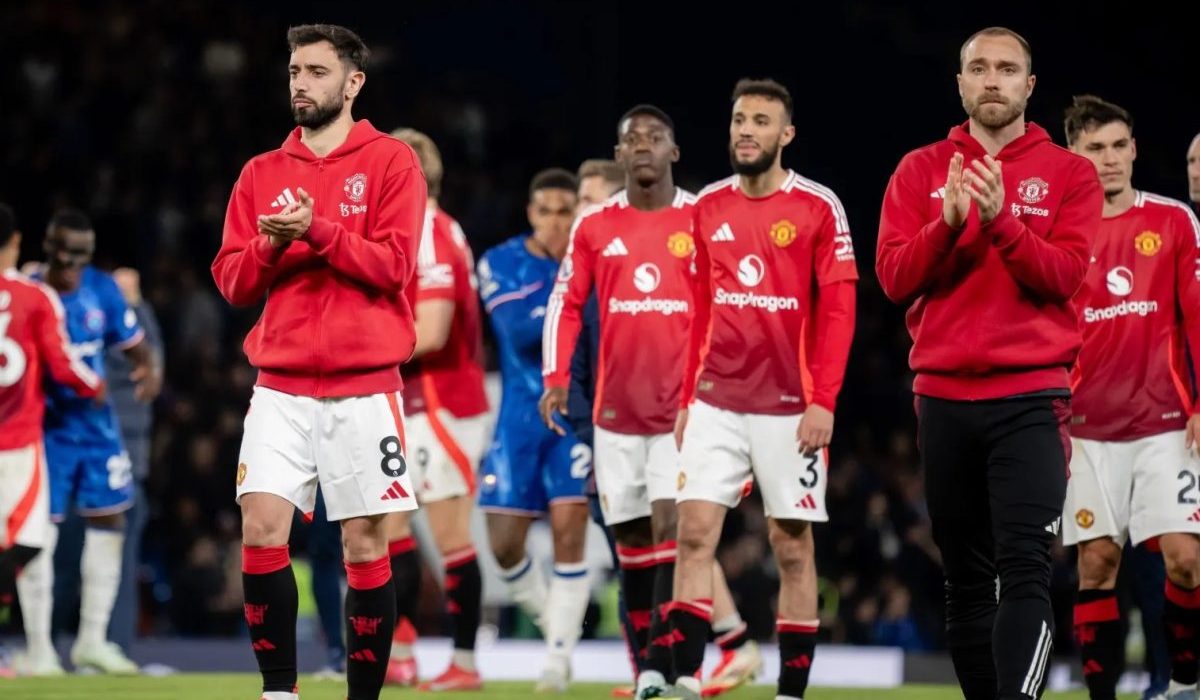Just hours after wrapping up one of their worst campaigns in half a century, Manchester United’s squad—including winger Alejandro Garnacho—were en route to Malaysia on Monday for a post-season tour of Asia.
United ended a dismal season with a 2-0 win over 10-man Aston Villa at Old Trafford on Sunday, but the result did little to mask the club’s deeper troubles. New manager Ruben Amorim has admitted the scale of the task ahead, describing the campaign as a “disaster” and apologising to supporters. The team finished a dismal 15th in the Premier League and were narrowly beaten 1-0 by Tottenham in the Europa League final last week.
Despite the fatigue and frustrations of a torrid season, the squad boarded a red-eye flight to Kuala Lumpur for a Wednesday friendly against a Southeast Asian XI. That fixture will be followed by another match in Hong Kong on Friday against a local representative side.
Although tickets for both matches remained available as of Monday, the tour is expected to generate roughly $10 million (£7.8 million), according to the BBC—a welcome injection of revenue for the financially struggling club.

Garnacho, 20, did not feature in the match against Villa and is widely expected to leave United after he and his brother publicly criticised Amorim’s decision to drop him for the Europa League final. Nevertheless, he joined the squad for the Asian tour. Goalkeeper André Onana and defender Luke Shaw, who were also absent from the Villa clash, have travelled as well.
However, defenders Leny Yoro and Noussair Mazraoui did not make the trip. Most of the senior squad is expected to play in the two matches.
Sweltering weather and stormy conditions could pose challenges for the players. Temperatures in Kuala Lumpur are forecast to reach 37°C (99°F), with thunderstorms predicted on the day of the match at the 84,000-seat Bukit Jalil National Stadium.
Similar conditions await in Hong Kong, where Friday’s fixture will be played at the 40,000-capacity Hong Kong Stadium. The pitch there has a problematic history—most notably in July 2013, when then-Sunderland manager Paolo Di Canio dubbed the rain-soaked surface a “killer pitch.”


 Trending
Trending 
